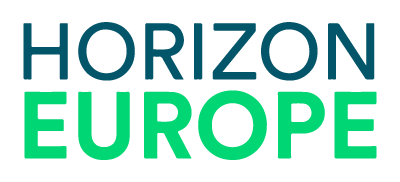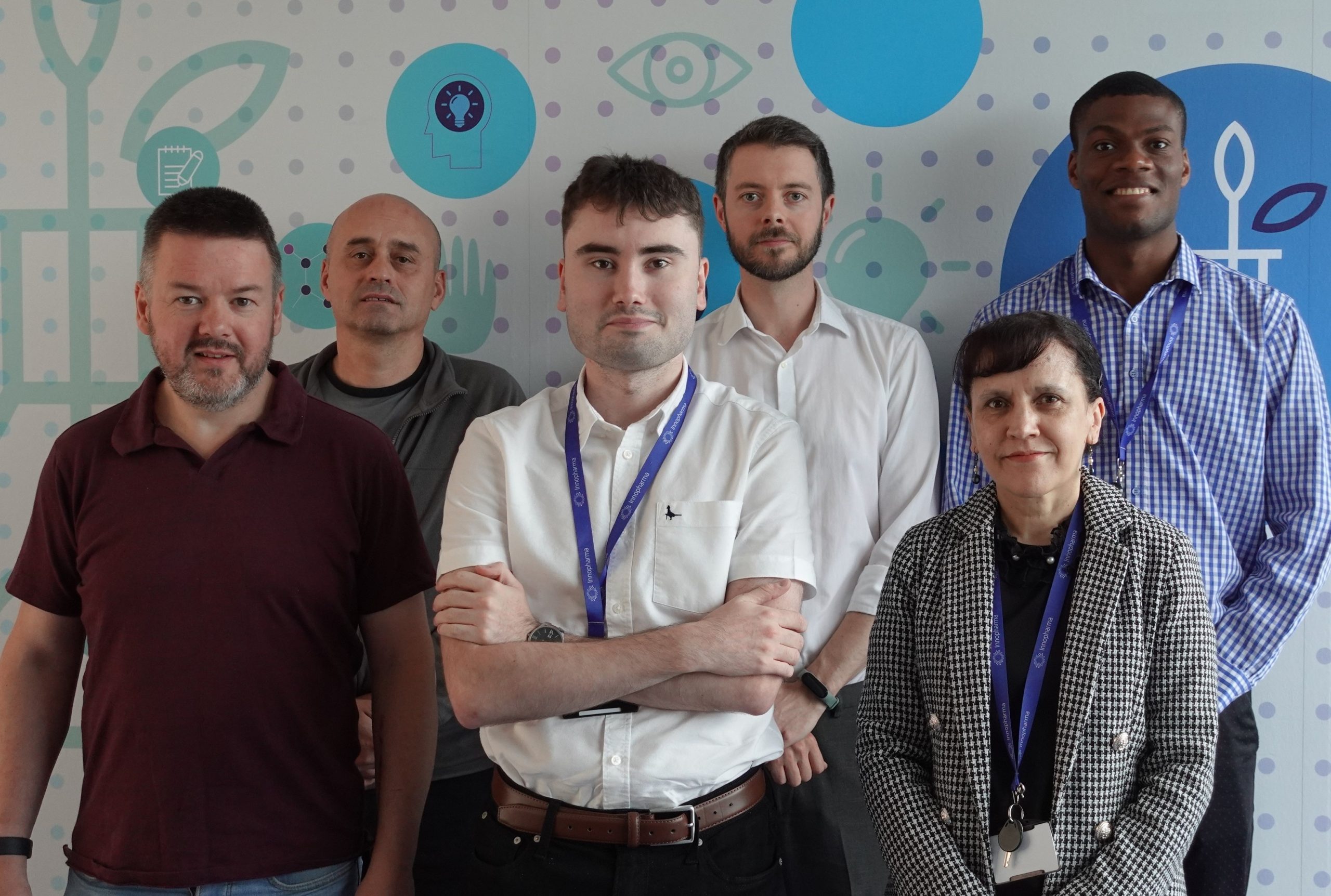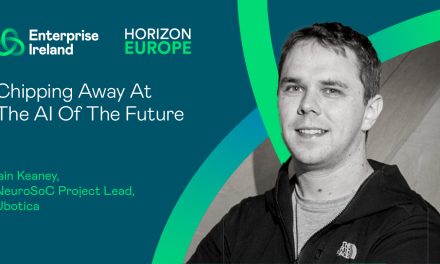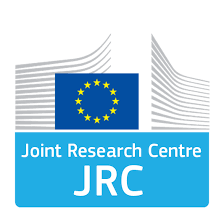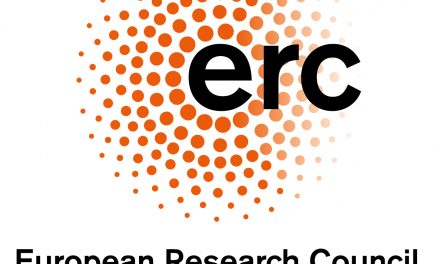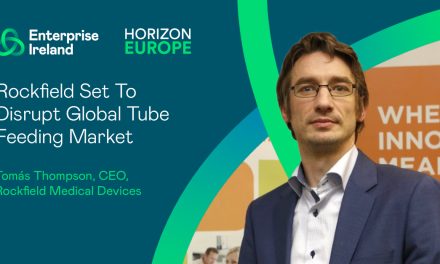Developing cobots, or mobile collaborative robots that can safely operate beside humans in the workplace, is the challenge ONE4ALL, a Horizon Europe funded project, has set itself.
The project, which began in January this year and runs until December 2026, aims to help manufacturing plants, particularly small and medium-sized ones, transition towards Industry 5.0. This is the EU vision of the industrial future, one that embraces green and digital technologies and sees people working more closely with robots and smart machines.
Focus on food and pharma sectors
ONE4ALL plans to achieve its aims by developing “plug-and-produce sustainable and human-centred reconfigurable cyber-physical production modules” or cobots for use in the agri-food and pharmaceutical sectors in particular.
It will develop and demonstrate use of the cobots in two very different environments – at Madama Oliva, an Italian olive processor, and at Orifarm, a pharmaceutical company in the Czech Republic.
Automating olive inspection
According to Dr Daniela Angione, project lead at InnoGlobal, the project’s Irish partner, Madama Oliva is keen to automatise its inspection system, which currently requires a worker to manually detect and discard defective olives.
To meet this need, ONE4ALL plans to develop a robotic arm along with an optical inspection system to replace the manual selection process although a human operator will still supervise.
“We are going to couple those two hardware systems and then develop software that would look at the whole integrated camera and robotic arm and control and define and optimise the process and the operation of the cobot,” she says.
Irish team of six
The project received €6 million in Horizon Europe funding, of which €900,000 went to InnoGlobal, reflecting the multiple ways it is contributing to the project and the dedicated team of six people it has working on it.
“We are second highest, among members of the consortium, in terms of the money that we got,” says Angione. “We contribute at the level of developing the software, developing and contributing hardware … but also the digital maturity and sustainability assessment.”
Participation brings significant benefits to InnoGlobal in return, including:
- Interaction with a wide community of experts in the field
- Funding to scale up it’s research
- Widening the company’s reach in the European market
For instance, Angione says Innoglobal welcomes the opportunity to carry out the digital assessment using a tool it has developed but has only tested with Irish companies to date. “It allows us to optimise the tool and look at a different environment,” she says, noting that different factors will have to be taken into account in Italy and the Czech Republic.
Communication is key
ONE4ALL’s application for Horizon Europe funding was overseen by the project co-ordinator, IDENER, a private Spanish SME research firm, but Angione provided the section on InnoGlobal’s contribution.
InnoGlobal, where Angione is head of funding and innovation, has submitted three other proposals for Horizon funding this year so she is well versed in the process. She also serves as an expert evaluator for the European Commision.
Angione identifies communication as one of the two main challenges in securing funding.
“Communication is one of the challenges for submission in terms of getting contributions from the partners in a coherent way and putting all the information together in such a way it makes sense.”
She says it’s important to have the right partners, not only in terms of expertise but also people who understand how to work together on the submission, given that timelines are often tight. Adaptability is also key.
“What I’ve found in my experience, and I’ve submitted many proposals, sometimes there’s a dropout at the last minute, one of the members changes their mind. You have to be ready to replace them and then re-adapt the concept.”
The other challenge for companies seeking funding is finding what Angione calls “the sweet spot” between going after a break-through innovation, something the European Commision wants to see for grant funding, and the risk this presents for a company. “For companies, there is a business associated and that has to be taken into account,” she says.
Start early
To anyone thinking about applying for Horizon funding, Angione recommends it, describing it as an interesting and transparent process. “I think it’s a great opportunity, not only to expand your network in terms of people you collaborate with. It’s also an opportunity to be aware of what is happening in other countries in Europe.”
And her advice to first-timers: “Start early, at least six months in advance and, if you are a newcomer, probably nine months.”
Angione is in regular contact with the Horizon National Contact Points in Ireland and says they are “very supportive”.
“We are always in contact with them, first to inform them what our intentions are in terms of submission and also, if we need specific expertise or partners that they know of, that are looking into joining a consortium, that would be their contribution as well.”
If you would like advice about accessing Horizon Europe support or further details, please contact horizonsupport@enterprise-ireland.com or visit www.horizoneurope.ie
